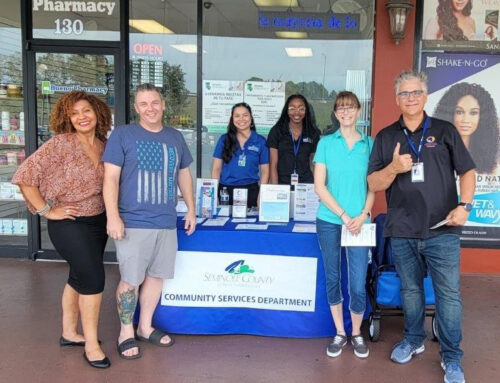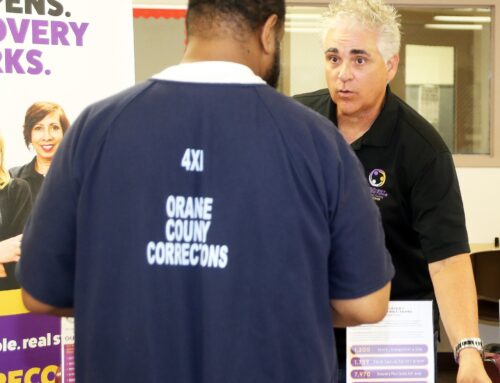In the landscape of addiction recovery, peer support has emerged as a pivotal and profoundly impactful aspect. Recovery peer support refers to the invaluable assistance, empathy, and guidance offered by individuals who have themselves journeyed through addiction and successfully embraced a life of sobriety. This form of support plays a crucial role in fostering healing and sustained recovery for those grappling with substance use disorders. Here’s a closer look at why recovery peer support is so beneficial:
- Shared Understanding and Empathy: Peer support provides a unique connection rooted in shared experiences. Individuals who have battled addiction firsthand can relate to the challenges, struggles, and triumphs of recovery in a way that others might not. This shared understanding fosters empathy and trust, creating a safe space for open and honest discussions without fear of judgment.
- Inspiration and Hope: Peers who have successfully navigated the complexities of addiction and attained sobriety serve as living examples of hope and inspiration. Their stories of resilience, overcoming obstacles, and rebuilding their lives offer encouragement to those who are still on the journey towards recovery, demonstrating that long-term sobriety is attainable.
- Practical Guidance and Advice: Peer support isn’t just about emotional connection; it also offers practical advice and guidance. Peers often share coping strategies, relapse prevention techniques, and insights into navigating challenges unique to the recovery process. This firsthand knowledge can be immensely valuable in assisting others in making informed decisions and avoiding potential pitfalls.
- Reducing Isolation and Stigma: Addiction can often lead to feelings of isolation and shame. Peer support groups and networks provide a sense of belonging and community, breaking the cycle of isolation that often accompanies substance use disorders. Moreover, interacting with peers who understand without judgment helps reduce the stigma associated with addiction, fostering an environment of acceptance and understanding.
- Accountability and Motivation: Peer support offers a level of accountability that can be instrumental in maintaining sobriety. Being part of a supportive community encourages individuals to stay committed to their recovery goals. The encouragement and motivation provided by peers can act as a driving force during challenging times, reminding individuals of their strength and determination.
- Complementary to Formal Treatment: Peer support complements formal treatment programs and therapy. While professional help is essential, peer support offers continuous reinforcement and connection beyond structured treatment. It serves as a bridge between formal therapy sessions, providing ongoing support during the day-to-day challenges of maintaining sobriety.
- Empowerment and Leadership: Engaging in peer support not only benefits the recipients but also empowers those offering support. Individuals who have successfully gone through recovery often find purpose and fulfillment in helping others, developing leadership skills, and contributing positively to their communities.
In conclusion, recovery peer support is a cornerstone of the journey to sustained sobriety. Its significance lies in its ability to foster a sense of community, understanding, and guidance that empowers individuals on their path to recovery. By embracing the wisdom and support offered by peers, those battling addiction can find strength, hope, and the necessary tools to build fulfilling lives free from the grasp of substance use disorders.
Recovery Connections of Central Florida is a non-proft peer lead Recovery Community Organization offering peer support and information and referral to treatment linkages, social, medical, mental, and educational services and can help support and individual at all points along their recovery. Call us at (407) RECOVER or (407) 732-6837 and speak with a peer specialist and start your journey to long-term recovery.





